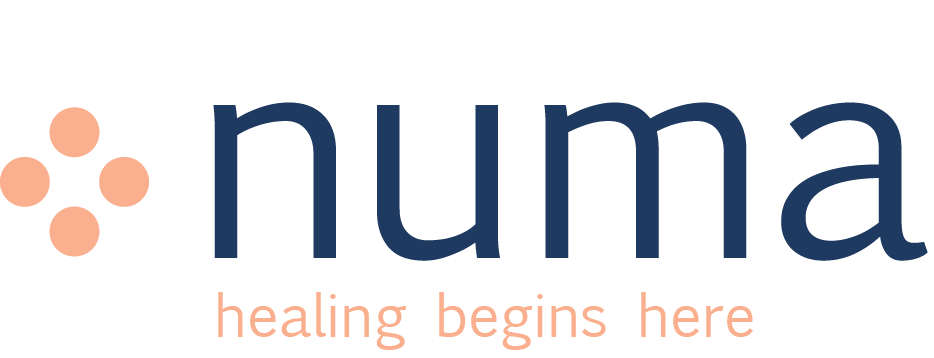The heart is one of the most central and important organs of the body. So, of course, alcohol and substance abuse affects the heart, too. Your heart health can influence the way your mind and body function. When these certain neurological and biochemical changes take place in a person’s body after prolonged alcohol and substance […]
The opioid crisis in the United States has been making headlines for years, causing widespread devastation through opioid misuse and overdoses. According to the Department of Health and Human Services (HHS), synthetic opioid overdoses claimed the lives of 48,006 people in the 12 months ending in June 2020, with an estimated 10 million people misusing prescribed opioids during that period.
For those dealing with opioid use disorder (OUD), there are programs available to provide treatment through medication and therapy. These programs, known as opioid treatment programs, offer strategies to help individuals achieve their goals. Some programs are tailored for individuals under 18, while others exclusively serve adults. Options include inpatient programs with supervised detox or outpatient programs based on individual needs.
The costs of these programs vary, with some accepting Medicaid and federal military insurance while others only take private health insurance or self-payment.
It's crucial to understand that seeking an opioid treatment program not only improves the quality of life but can also prevent a potentially fatal overdose. If you or someone you know is struggling with opioid use, finding the right treatment program can make a significant difference.
What is Opioid Treatment?
Opioid treatment is all about helping people quit misusing prescription drugs, heroin, or other opioids. Some might picture it as just a place giving out medication to fight addiction, but it's much broader.
While some people might get anti-addiction medication, the most effective treatment often involves more. This can include inpatient rehab, behavioral therapy, alternative therapies, and other approaches to provide comprehensive support for individuals seeking to overcome opioid addiction.
Opioid Addiction Treatment & Rehab Options
Dealing with opioid addiction can affect how your brain works, so it's important for treatment programs to teach new skills to prevent going back to drug use and tackle other issues, like mental health problems. There are different ways to get help for opioid addiction, including:
- Drug Detox – This is where you're supervised by medical professionals as your body adjusts after stopping opioid use.
- Inpatient Treatment – You get intensive care and 24/7 supervision while staying at a facility for about 3 to 6 weeks.
- Outpatient Treatment – You live at home and handle your usual responsibilities while going to scheduled appointments at treatment centers, clinics, or a doctor's office. As you make progress, the frequency and intensity of treatment can decrease.
- Counseling – This involves one-on-one or group sessions that use behavioral therapy to boost motivation for treatment, develop skills to avoid relapse, replace substance use with healthy activities, and build support from peers.
- Family Therapy – If you want, this can be included to strengthen relationships and improve communication.
- Medication-Assisted Treatment (MAT) – Medications, like Suboxone, can help with withdrawal in the short term and reduce cravings in the long term to prevent going back to drugs. MAT is often combined with counseling to reach treatment goals and stay sober.
How to Find the Ideal Opioid Rehab Treatment Program for You
Choosing the right opioid treatment program is important, and it depends on your specific situation:
- Residential or Inpatient Program – This might be best if you've had overdoses or other mental health issues. It's more expensive, but it can be beneficial, especially if your opioid use disorder is severe. It helps manage intense withdrawal symptoms at the start for a better chance of success.
- Outpatient Program – If your situation allows, outpatient programs offer flexibility and are usually less expensive. They might be a good fit for some individuals.
When deciding, talk to the program staff and let them know:
- How long you've been using opioids
- What opioids you're currently using
- When you last used
- If you've ever overdosed
- Any past treatments, both medication and non-medication
- How you responded to past treatments
It can also be helpful to involve family members or close friends in the decision-making process. While this isn't the right choice for everyone, having the support of loved ones can be comforting for some people.
Opioid Rehab Treatment in Los Angeles Near Me
If you're looking for opioid rehab treatment in Los Angeles, Numa Recovery Center is a good option. Even though going to a different city or state can help some people, others like staying close to home.
Numa Recovery Center in Los Angeles offers top-notch care tailored to each person. It's not just about the quality of services—they also provide a quality rehab experience with lots of amenities to make clients comfortable during their stay. Call us today at (888) 344-6862 to learn more.
What is Aftercare? Aftercare programs are one of the most important parts of the recovery process. They include any type of care offered after the detox or residential treatment. Now that you’re sober, aftercare programs focus on how to keep it that way. They offer tools, strategies, resources, and support networks to make sure you […]
Opioid misuse has reshaped the landscape of public health in the United States, touching urban, suburban, and rural communities alike. In cities like Los Angeles—where access to prescription medications is widespread and stressors are high—opioid addiction has become an ongoing crisis that affects individuals, families, and the healthcare system at large. Many people still associate […]



